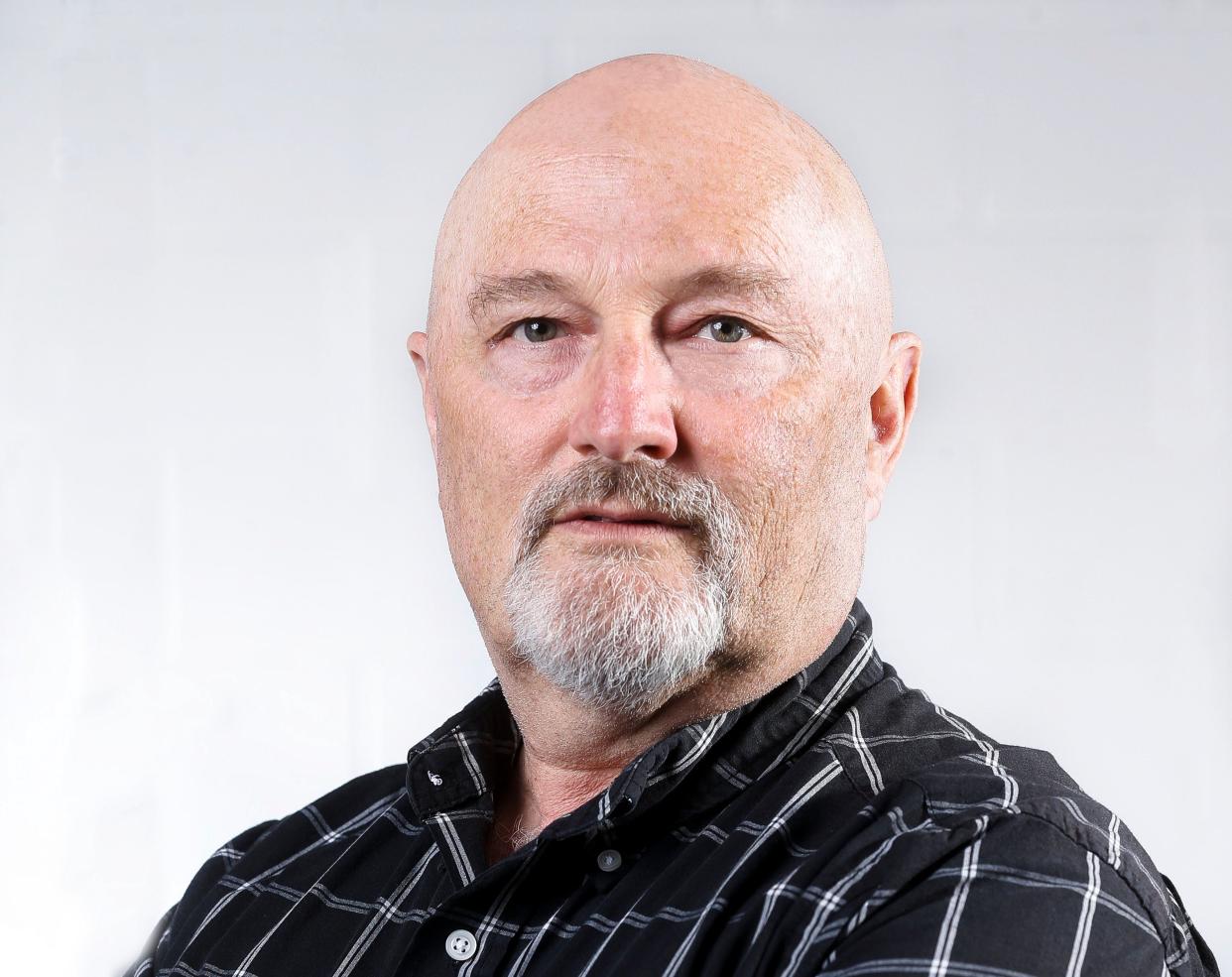Memorial Day: Remembering the high cost paid by our warriors | GARY COSBY JR.

War has shaped the United States, probably more than any other single factor in our nation’s history.
We were born in war. The American Revolution freed us from the grip of the British Empire and set us upon a course of democratic government, ensuring we would not again fall under the rule of a king or a single individual.
We had to fight the British again in the War of 1812 before we had a grip on who we really were as a nation. Though they burned our capitol building, usually a fatal thing for a nation at war, we survived to thrive. We fought from Mexico to Tripoli, giving the U.S. Marine Corps a great line for their song and establishing the United States as a military force to be reckoned with.
In 1861, we very nearly destroyed ourselves with the Civil War, but the war effectively ended slavery. Though that war did not make our Black population instantly equal to whites, it began a long slow path toward equality that would not have even begun had it not been for the war.
We wielded Teddy Roosevelt’s “Big Stick” in the Western Hemisphere and though we did not carve out for ourselves a colonial empire as the European powers had done before us, we made certain American influence, not European, would be dominant on our side of the pond.
Then came the big ones. World War I solidified the United States as a world power, albeit it a reluctant one. I had a professor of history in junior college who said this war did more to heal old wounds between the North and the South than any other single thing because it brought boys together from both parts of the country to fight in Europe. They formed friendships and, after the war, visited one another in the various parts of the country, helping mend the sectional bitterness that remained from the Civil War.
World War II changed not just America, but the world. The Second World War placed the United States at the head of the free-world nations. Ours was the only great power not to suffer major economic disruption during the war, thus turning the U.S. into the arsenal of democracy as well as its primary provider of consumer goods. Our factories churned out products that helped rebuild countries devastated by war and elevate the American middle class to a place of unprecedented personal prosperity.
The war also opened a door of opportunity for women in the workplace and began a road to sexual equality in the workforce. The effect of World War II upon this country’s fortunes cannot be overstated with far-reaching consequences at home and abroad.
Then things changed. The Cold War, by far the longest conflict we have ever fought, was mostly fought in ways the public could not see, but had open flare-ups of warfare in Korea and Vietnam. These two terrible wars certainly affected America. For the first time in our history, we left the field of battle without victories in either Korea or Vietnam.
I would argue these were both lost in Washington, D.C., rather than on the battlefields themselves. Politicians lost these wars, or at least they did not permit our soldiers to win them, leaving the deaths of tens of thousands of servicemen without the meaning they deserved for the sacrifices they made. Still, global communism was stopped and has not expanded in any meaningful way since the end of the Vietnam era.
Most recently, we spent 20 years battling terrorists or terror-supporting governments in Iraq, Afghanistan and in territory briefly claimed by ISIS, encompassing parts of Syria and Iraq. It is easy to say these wars were not clear-cut victories, and again, political decisions, not soldiers, played the key role in these no-win situations.
In all these wars, conflicts, police actions, covert operations and defenses against the various evils this world has to offer, it has been our soldiers who have held the line and who have paid the highest price one can pay. In all, more than 1.3 million United States servicemen and women have lost their lives fighting our battles on fields of conflict all over the world.
The high cost of war unfortunately does not stop on the battlefield. While the actual number of veteran suicides throughout our history is not known, more than 30,000 veterans have died by suicide since the 9/11 attack.
It is not simply the men and women who died who paid the price. Everyone who loved them also paid, having to suffer the pain of losing a loved one, often far from home and at times in battles and wars that had little meaning, were not popular, and in some cases were violently protested against.
We do not celebrate Memorial Day. We commemorate Memorial Day. We honor those men and women who died, and we grieve with those families throughout our history who gave their loved ones to the causes of the United States. With this mindset, we must not allow the memory of those lost to fade from our collective minds, which would be the ultimate insult to our fallen warriors.
Gary Cosby Jr. is photo editor of The Tuscaloosa News. Readers can email him at gary.cosby@tuscaloosanews.com.
This article originally appeared on The Tuscaloosa News: Memorial Day: Remembering price paid by our warriors | GARY COSBY JR.

